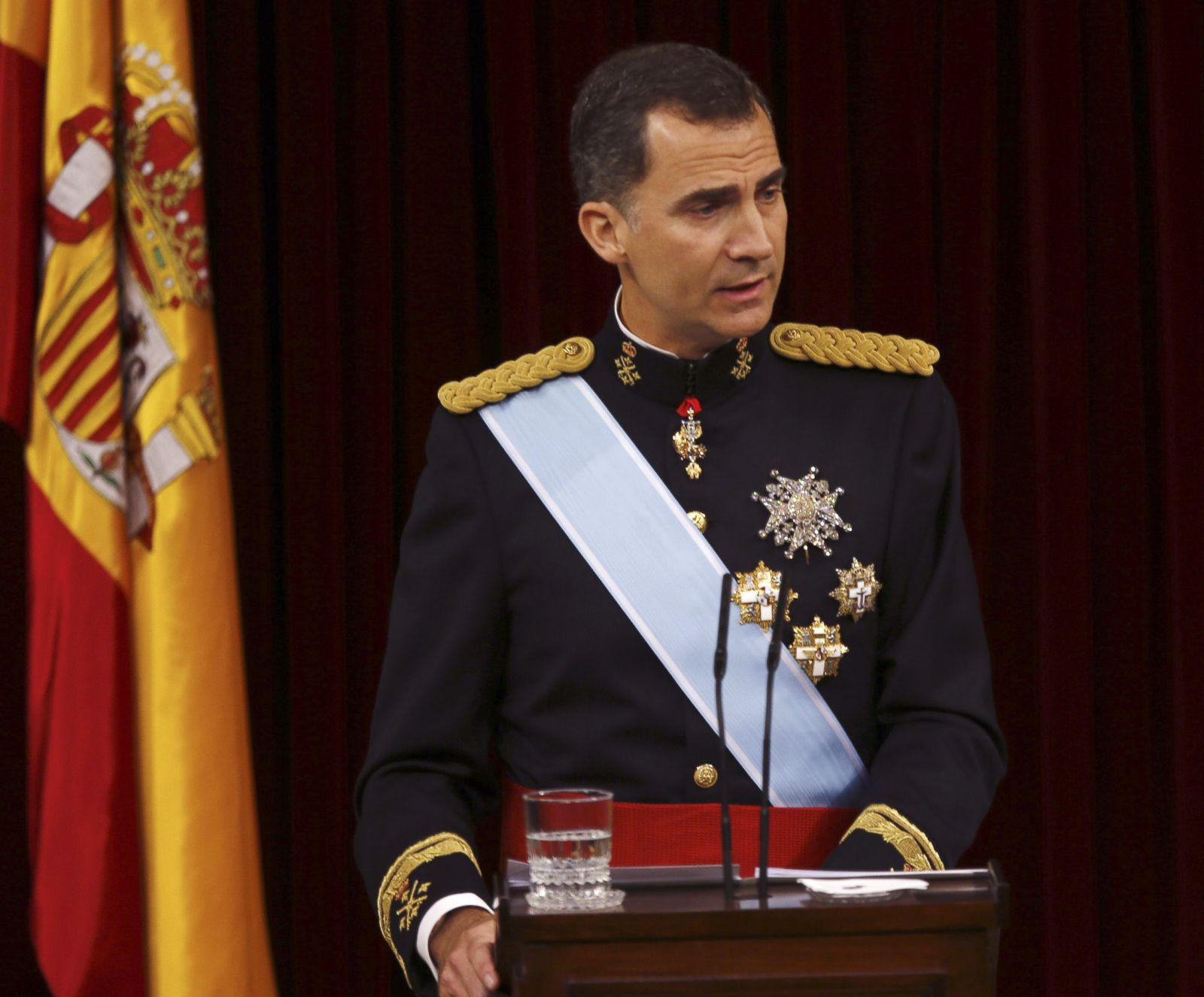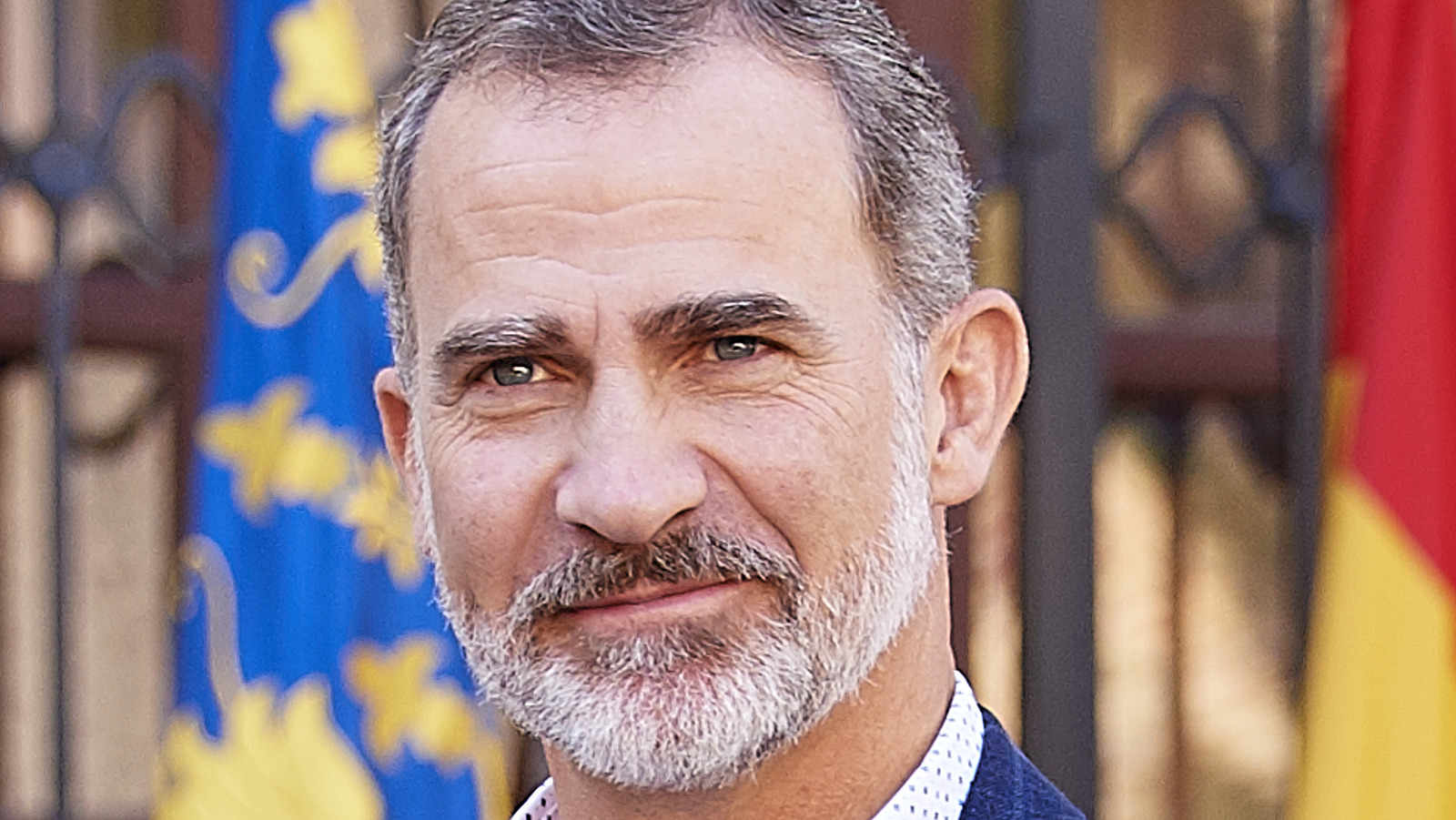Historical Reign and Legacy of the King of Spain
King of spain – The monarchy of Spain has a rich and complex history, dating back to the Middle Ages. Over the centuries, the Spanish monarchy has played a pivotal role in the nation’s political, economic, and cultural development. Notable Kings of Spain include:
Ferdinand and Isabella
- Unified Spain through marriage in 1469.
- Supported Christopher Columbus’s exploration of the Americas.
- Established the Spanish Inquisition.
Charles I
- Inherited the thrones of Spain and the Holy Roman Empire.
- Expanded the Spanish Empire in the Americas and Europe.
- Patronized the arts and sciences during the Spanish Golden Age.
Philip II
- Ruled during the height of the Spanish Empire.
- Built the Escorial Palace and Monastery.
- Defeated the Ottoman Empire at the Battle of Lepanto.
Charles III
- Implemented Enlightenment reforms.
- Improved education and infrastructure.
- Expanded the Spanish Empire in the Americas.
Isabella II, King of spain
- First female monarch of Spain since the 16th century.
- Reigned during a period of political instability.
- Abdicated in 1868.
Alfonso XIII
- Restored the monarchy in 1874.
- Modernized Spain and expanded its industrial base.
- Abdicated in 1931.
Juan Carlos I
- Led Spain’s transition to democracy after the death of Franco.
- Modernized the monarchy and made it more accessible to the public.
- Abdicated in 2014.
Felipe VI
- Current King of Spain.
- Represents the continuity of the Spanish monarchy.
- Focuses on modernizing the monarchy and addressing the challenges facing Spain.
Evolution of the Spanish Monarchy
The Spanish monarchy has undergone significant changes over the centuries. In the Middle Ages, the monarchy was an absolute monarchy, with the king having absolute power. However, over time, the power of the monarchy was gradually reduced. In the 19th century, Spain became a constitutional monarchy, with the king sharing power with the Cortes Generales (parliament). Today, the monarchy is a largely symbolic institution, with the king playing a primarily ceremonial role.
King Felipe VI of Spain, known for his progressive views on environmental issues, recently met with environmental activist Robert F. Kennedy Jr. Robert F. Kennedy Jr. , a prominent advocate for vaccine safety and environmental protection, shared his insights on the impact of climate change and the importance of sustainable practices.
King Felipe expressed his appreciation for Kennedy’s work and reaffirmed Spain’s commitment to environmental stewardship.
Cultural and Societal Influence of the Monarchy
The Spanish monarchy has had a profound cultural and societal influence on Spain. The monarchy has been a patron of the arts and sciences, and has helped to shape Spanish culture. The monarchy has also been a symbol of Spanish unity and national pride. Today, the monarchy continues to play an important role in Spanish society, and is widely respected by the Spanish people.
King Felipe VI of Spain is known for his love of sports, and one of his favorites is tennis. He was in attendance at the Wimbledon final this year, where he witnessed a thrilling match between Novak Djokovic and Nick Kyrgios.
The King is a patron of the Spanish Tennis Federation and is often seen cheering on Spanish players at major tournaments.
Current Role and Responsibilities of the King of Spain

The King of Spain serves as the Head of State and plays a significant role in the governance and representation of the country. His duties are largely ceremonial and symbolic, but he retains certain constitutional powers and responsibilities.
Constitutional Role and Responsibilities
The Spanish Constitution Artikels the King’s constitutional role, which includes:
- Sanctioning and promulgating laws passed by Parliament
- Appointing the Prime Minister and other high-ranking officials
- Representing Spain internationally
- Granting pardons and clemency
Royal Succession
The Spanish monarchy follows a male-preference primogeniture system, meaning that the eldest male heir inherits the throne. In the absence of a male heir, the eldest female heir may inherit the throne.
The current King of Spain, Felipe VI, ascended to the throne in 2014 following the abdication of his father, Juan Carlos I. The heir apparent is Felipe’s eldest daughter, Leonor, Princess of Asturias.
Symbolic and Ceremonial Importance
The Spanish monarchy holds great symbolic and ceremonial importance in contemporary Spanish society. The King is a symbol of national unity and continuity, and his presence at official events and ceremonies reinforces the country’s historical and cultural heritage.
The King of Spain in International Relations

The King of Spain plays a significant role in representing the nation on the international stage. As the Head of State, he is responsible for fostering diplomatic relations, promoting Spanish interests, and strengthening bilateral relationships with other countries.
Diplomatic Missions and State Visits
The King regularly embarks on diplomatic missions and state visits to various countries. These visits serve to strengthen political ties, promote economic cooperation, and foster cultural exchange. During these visits, the King meets with heads of state, government officials, and business leaders to discuss issues of mutual interest and explore opportunities for collaboration.
Involvement in Global Organizations
The King is also actively involved in global organizations such as the United Nations and the European Union. He participates in summits, conferences, and other events to advocate for Spanish interests and contribute to international cooperation. The King has been a vocal supporter of peace and conflict resolution, and has played a role in mediating disputes and promoting dialogue between nations.
Promoting Spanish Interests
Through his diplomatic efforts, the King promotes Spanish interests on the international stage. He works to secure trade agreements, attract foreign investment, and support Spanish businesses abroad. The King also advocates for the protection of Spanish citizens and their rights in other countries.
Fostering International Cooperation
The King’s involvement in international relations helps to foster cooperation between Spain and other nations. He promotes cultural exchange, educational partnerships, and scientific collaboration. The King’s efforts contribute to building bridges between Spain and the rest of the world, fostering understanding and mutual respect.
Strengthening Bilateral Relationships
The King’s diplomatic missions and state visits have helped to strengthen bilateral relationships between Spain and other countries. Through his personal interactions with foreign leaders, the King has established strong bonds and created a foundation for future cooperation. These relationships have resulted in increased trade, investment, and cultural exchange between Spain and its partners.